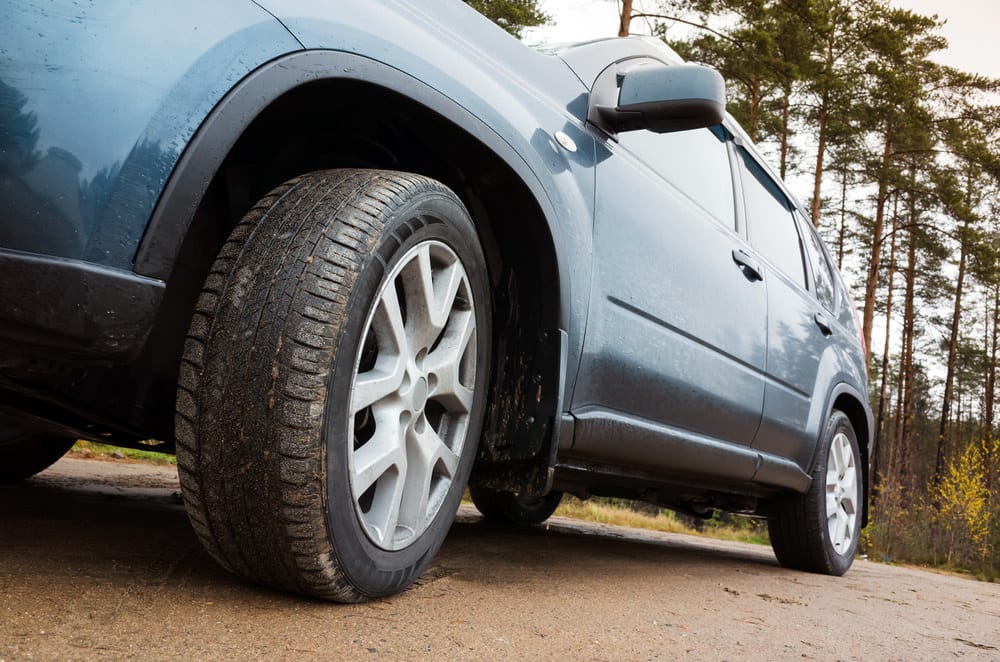

The size and width of the tires on your vehicle determines how your vehicle will handle in different conditions. There are several factors that go into the decision of which tires to equip your vehicle with, including:
- The purpose of your vehicle (performance or utilitarian)
- Your vehicle’s weight and stability
- The availability of tires in different sizes
In most situations, it is advisable to use the same size and width of tires on your vehicle as it was originally equipped with to ensure that you have the optimum overall traction for your vehicle.
What is considered a wide tire?
Your tire width is marked on the side wall of each tire in the following format: P225/55R16. The 225 is the tire’s width as measured in millimeters. A wide tire is any tire that exceeds the factory width equipped on your vehicle. You can find your car’s stock tire size on the driver’s door placard when you open the door.
Why upgrade to wider tires?
Whether you are looking for performance enhancements or simply for appearance, there are many reasons to look at wider tires.
- Enhanced traction on acceleration
- More grip on hard braking
- A more low-profile appearance
- Less vehicle roll in corners
It is possible on some vehicles to upgrade to larger or wider tires. The purpose of wider tires in an upgrade is usually to enhance traction in very specific exercises or conditions such as rock crawling, off-roading, or racetrack use. Because the contact surface is larger, wide tires can grip dry surfaces better than narrow ones.
There are possible negative effects of wider tires such as:
- You can hydroplane much easier or lose control on slippery or loose surfaces like gravel.
- The wider tires may not fit inside your wheel wells.
- Your turning radius can be dramatically reduced as wider tires contact the bump stops sooner.
- Wider tires can be quite costly to install.
- Increased road noise.
Wider tires are seldom better than the factory-equipped size. Unless there is a specific purpose to equipping your vehicle with wider tires than it is originally equipped with, you should stay with the factory equipped tire size and width.



